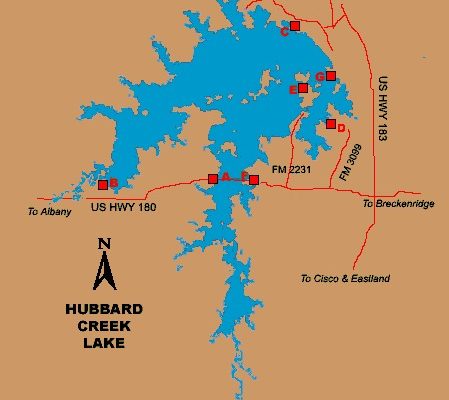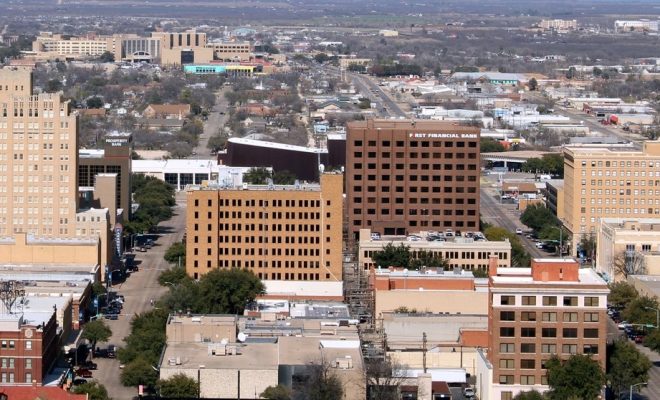Abilene, TX Metro Area: “Innovative Water Conservation Project Transforms Abilene’s Future”

Introduction
In a groundbreaking development, Abilene, Texas, has launched a revolutionary water conservation project that promises to reshape the city’s approach to resource management. This initiative, unveiled on November 18, 2024, marks a significant milestone in the region’s ongoing efforts to combat water scarcity and promote sustainable urban development.
Body
The project, dubbed “AquaWise Abilene,” integrates cutting-edge technology with community-driven conservation efforts. At its core is a state-of-the-art water recycling facility that employs advanced purification techniques, capable of processing up to 5 million gallons of wastewater daily. This recycled water will be used for irrigation, industrial processes, and even to replenish local aquifers.
In addition to the recycling facility, the project introduces smart water meters across the city. These meters provide real-time data on water usage, allowing residents to monitor and optimize their consumption. The city has also launched a mobile app that gamifies water conservation, offering rewards and incentives for households that meet or exceed savings targets.
Local businesses have enthusiastically embraced the initiative, with many pledging to reduce their water footprint by 30% over the next five years. Schools are incorporating water conservation education into their curricula, fostering a new generation of environmentally conscious citizens.
Mayor Sarah Thompson, speaking at the project’s launch, emphasized its importance: “AquaWise Abilene isn’t just about saving water; it’s about securing our city’s future. We’re setting an example for other drought-prone regions across the country.”
Conclusion
As Abilene faces the challenges of climate change and population growth, the AquaWise project stands as a beacon of innovation and community spirit. By combining technological solutions with public engagement, the city is not only addressing its immediate water needs but also building a sustainable model for urban water management in the 21st century.


